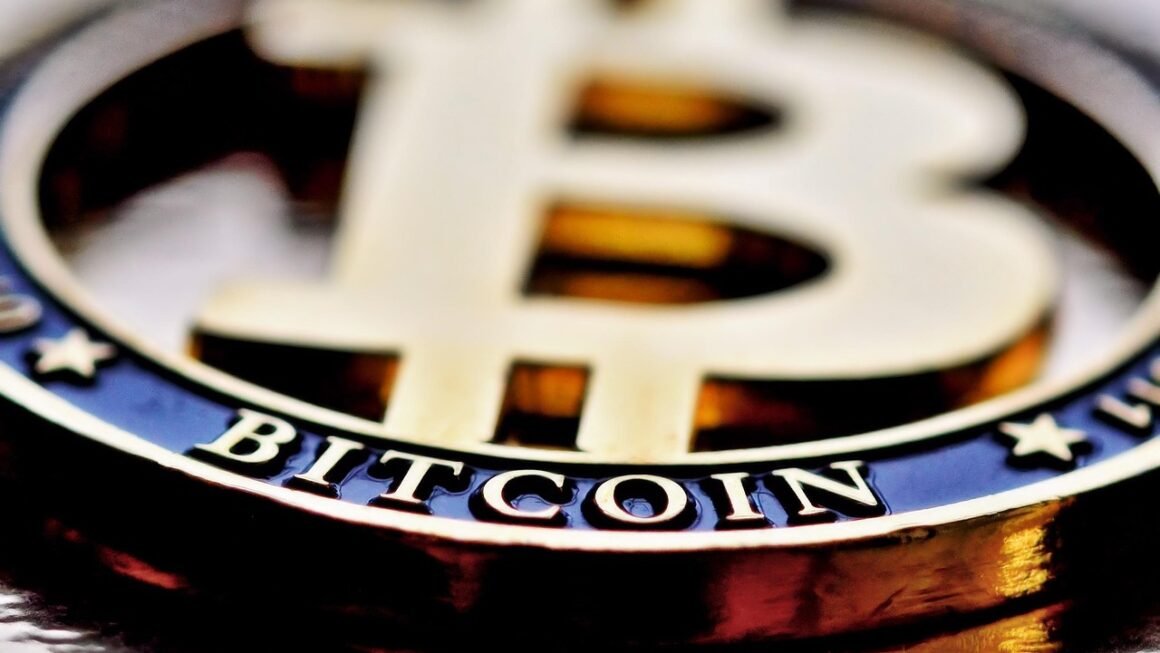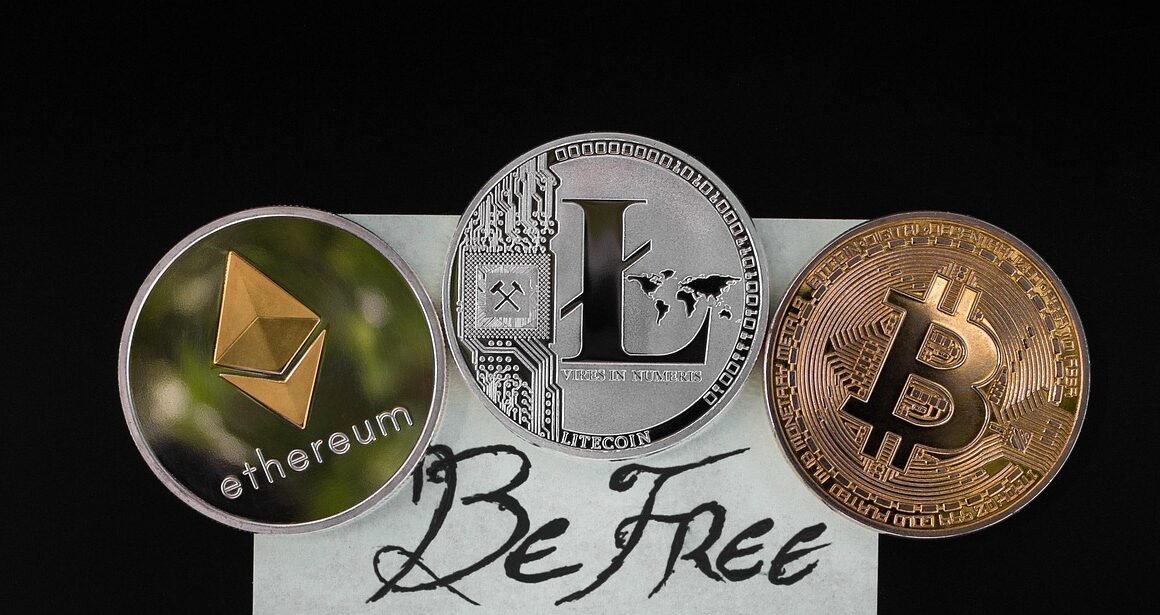Bitcoin: Unlocking the Potential of Digital Gold
Bitcoin. The word alone sparks curiosity, confusion, and for some, a sense of revolution. This groundbreaking cryptocurrency has disrupted traditional finance and continues to evolve, attracting attention from investors, technologists, and anyone interested in the future of money. But what exactly is Bitcoin, and why is it so important? Let’s delve into the details and unlock the potential of this digital gold.
What is Bitcoin?
Understanding the Basics
Bitcoin is a decentralized digital currency, meaning it’s not controlled by any single entity like a central bank or government. It operates on a technology called blockchain, a public, distributed ledger that records all transactions. Think of it as a giant, shared, and verifiable spreadsheet.
- Decentralization: No single point of failure or control.
- Cryptography: Uses advanced encryption techniques to secure transactions.
- Limited Supply: Only 21 million Bitcoins will ever be created, giving it a scarcity similar to gold.
- Peer-to-Peer: Transactions occur directly between users, without intermediaries.
How Does Bitcoin Work?
Bitcoin transactions are verified by a network of computers (nodes) through a process called “mining.” Miners solve complex mathematical problems to add new blocks of transactions to the blockchain.
- Transactions: When you send Bitcoin, the transaction is broadcast to the network.
- Mining: Miners compete to solve the cryptographic puzzle.
- Verification: The first miner to solve the puzzle adds the new block to the blockchain, and the transaction is confirmed.
- Rewards: Miners receive newly minted Bitcoins as a reward for their work, incentivizing them to maintain the network.
For example, imagine you want to send 1 Bitcoin to a friend. You initiate the transaction through your Bitcoin wallet. This transaction is then bundled with other transactions into a potential block. Miners compete to solve the cryptographic puzzle associated with that block. Once a miner successfully solves it, the block is added to the blockchain, and your friend receives the 1 Bitcoin (minus any transaction fees).
The Benefits of Bitcoin
Decentralization and Security
Bitcoin’s decentralized nature makes it resistant to censorship and single points of failure. The blockchain’s cryptographic security ensures that transactions are tamper-proof.
- Reduced Risk of Censorship: Governments or institutions can’t easily block or reverse transactions.
- Enhanced Security: Transactions are secured by cryptography and verified by a distributed network.
- Transparency: All transactions are publicly viewable on the blockchain. (However, user addresses can be made anonymous by using a new address for each transaction)
Inflation Hedge and Store of Value
With a limited supply of 21 million, Bitcoin is often considered a hedge against inflation. As traditional currencies are subject to inflation due to government policies, Bitcoin’s scarcity can make it a store of value.
- Limited Supply: Ensures scarcity, potentially increasing value over time.
- Independent of Government Policies: Not subject to the inflationary pressures of fiat currencies.
- Global Accessibility: Can be easily transferred across borders without restrictions.
Consider a scenario where a country’s currency is experiencing hyperinflation. Citizens might choose to convert their savings into Bitcoin to protect their wealth from devaluation.
Faster and Cheaper International Transactions
Bitcoin transactions can be faster and cheaper than traditional international money transfers, especially for large amounts.
- Reduced Fees: Eliminates intermediary fees charged by banks and payment processors.
- Faster Transactions: Transactions can be confirmed in minutes, compared to days for traditional transfers.
- Global Reach: Facilitates cross-border payments without limitations.
For example, a business needs to pay a supplier in another country. Using Bitcoin, the payment can be sent and received much faster and with lower fees than using a traditional wire transfer.
How to Acquire and Store Bitcoin
Buying Bitcoin
Bitcoin can be purchased through various cryptocurrency exchanges, brokers, and peer-to-peer marketplaces.
- Cryptocurrency Exchanges: Platforms like Coinbase, Binance, and Kraken offer a user-friendly way to buy and sell Bitcoin. (Research the exchange’s reputation, security features, and fees before using it.)
- Brokers: Some online brokers, like Robinhood and PayPal, allow you to buy Bitcoin alongside stocks and other investments.
- Peer-to-Peer Marketplaces: Platforms like LocalBitcoins connect buyers and sellers directly.
Before buying, it’s important to do your research and understand the risks involved. Cryptocurrency markets can be volatile, and prices can fluctuate significantly.
Storing Bitcoin
Once you’ve acquired Bitcoin, it’s crucial to store it securely. Bitcoin can be stored in different types of wallets.
- Software Wallets (Hot Wallets): These are digital wallets that can be accessed on your computer or mobile device. They are convenient for everyday use but are also more vulnerable to hacking. Examples include Electrum and Exodus.
- Hardware Wallets (Cold Wallets): These are physical devices that store your Bitcoin offline, providing the highest level of security. Examples include Ledger and Trezor.
- Exchange Wallets: Storing Bitcoin on an exchange is generally not recommended for long-term storage, as you don’t control the private keys.
- Paper Wallets: A paper wallet is a piece of paper with the public and private keys printed on it. It is a very secure option if generated and stored correctly.
Choosing the right wallet depends on your needs and risk tolerance. For long-term storage, a hardware wallet is generally recommended.
The Future of Bitcoin
Adoption and Integration
Bitcoin is increasingly being adopted by businesses, institutions, and governments.
- Institutional Investment: More institutions are adding Bitcoin to their portfolios.
- Retail Adoption: Businesses are starting to accept Bitcoin as payment.
- Regulatory Developments: Governments are developing regulatory frameworks for cryptocurrencies.
The increased adoption and integration of Bitcoin suggest a bright future for the cryptocurrency.
Technological Advancements
Ongoing technological advancements are improving Bitcoin’s scalability, privacy, and functionality.
- Layer-2 Solutions: Technologies like the Lightning Network are enabling faster and cheaper Bitcoin transactions.
- Privacy Enhancements: Developers are working on implementing privacy-enhancing features to improve user anonymity.
- Smart Contracts: Advancements in smart contract technology could enable more complex applications on the Bitcoin blockchain.
These advancements are crucial for Bitcoin’s long-term success and its ability to compete with other cryptocurrencies and traditional financial systems.
Conclusion
Bitcoin represents a paradigm shift in the world of finance. Its decentralized nature, limited supply, and cryptographic security offer unique benefits that traditional currencies cannot match. While the cryptocurrency market can be volatile, Bitcoin’s potential as a store of value, inflation hedge, and medium of exchange makes it an asset worth considering. Whether you’re an investor, technologist, or simply curious about the future of money, understanding Bitcoin is essential in today’s rapidly evolving world. Continue to educate yourself, stay informed about market trends, and always exercise caution when investing in cryptocurrencies. The digital revolution is here, and Bitcoin is at the forefront.



